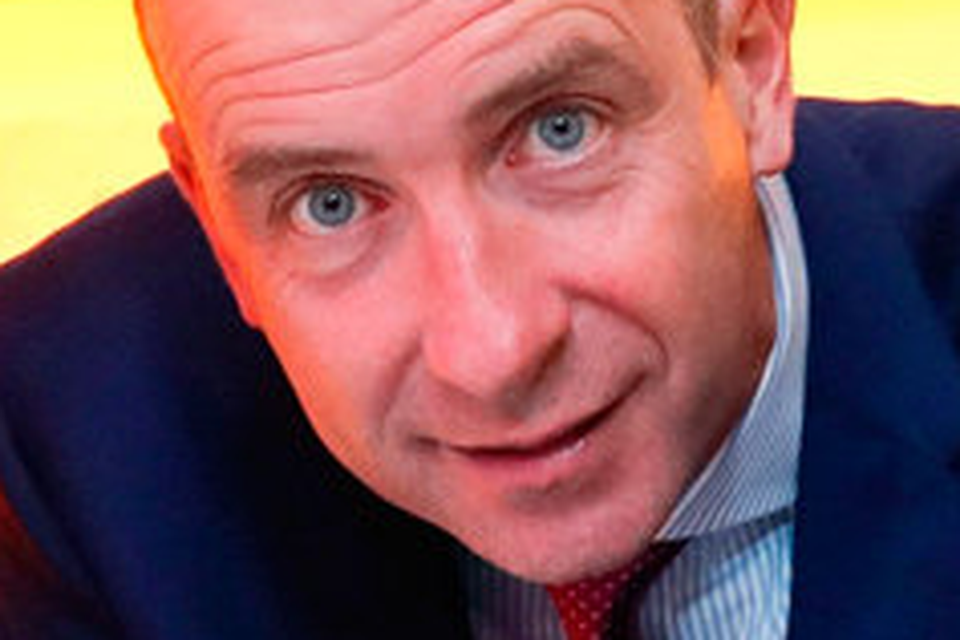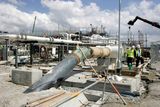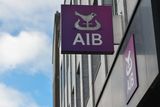Irish companies count cost of rise in cyber crimes
PwC Ireland's cyber leader Pat Moran
More than 10pc of Irish businesses that have been hit by cyber criminals lost more than €4m each in the past two years as a result of the attacks, according to a new report from PwC on economic crime and fraud.
It found that half of Irish companies had been victims of economic crime within the past two years - up from 34pc in 2016 and 26pc in 2010.
Furthermore, the impact of cyber crime and fraud is exacerbated by the cost of dealing with its consequences.
Some 70pc of the affected companies said they had spent as much as the original crime cost, or more, on handling the fall-out and conducting subsequent investigations.
"Actual crime could well be higher than reported, which makes the findings from this survey even more concerning," said PwC Ireland's cyber leader, Pat Moran.
"What the survey is clearly showing us is that there is a better understanding of what fraud is, through risk assessments, and where it is taking place, through cyber-security programmes."
The findings are part of a global PwC survey that included 7,200 participants in 123 countries. In Ireland, 77 firms took part and PwC said the respondents represented all key industries and sectors.
The survey revealed that cyber crime was the top economic crime here, having overtaken asset misappropriation for the first time. The latter now accounts for 29pc of all economic crime perpetrated against firms, while consumer fraud accounts for 42pc and business misconduct 16pc.
Phishing - where fraudulent emails are used to lure unsuspecting recipients into revealing data, such as bank or credit card details, from which money is then stolen - was the most prominent technique for targeted cyber attacks (66pc of cases,) followed by malware in 56pc of cases.
Two-thirds of respondents here said that when they were hit by economic crime, the cost was typically less than €810,000.
But 18pc of those firms surveyed didn't know the overall cost of economic crimes committed against them or that the cost was measurable.
"The research highlights that economic crime, fuelled by cyber crime, is becoming more prevalent and more costly for Irish businesses," said Detective Chief Superintendent Patrick Lordan of the Garda National Economic Crime Bureau.
He added: "In a world that has become ever more complex, we will continue to work with businesses, government, the ODCE (Office of the Director of Corporate Enforcement), regulators and international colleagues in the prevention and detection of economic crime and fraud."
Fifty-one per cent of Irish firms either said they either had not been hit by fraud in the past two years or did not know if they had.
PwC found that businesses here were doing more to tackle potential cyber crime than many of their international peers.
Three-quarters of those surveyed had a full operational cyber-security programme, compared to just 59pc of businesses internationally. Some 73pc had performed a cyber- attack vulnerability assessment in the past two years, compared with 46pc around the world.
"As the value of transactions over the internet increases exponentially year on year, fraudsters are turning to new ways of redirecting funds and are successfully achieving their goals," said Mr Moran, who warned that fraud levels were still rising.
"Fraudsters are becoming more strategic in their goals and more sophisticated in their methods," he explained.
"It's a big business in its own right, an enterprise that is tech-enabled, innovative, opportunistic and pervasive - like the biggest competitor that you did not know you had."
Join the Irish Independent WhatsApp channel
Stay up to date with all the latest news















